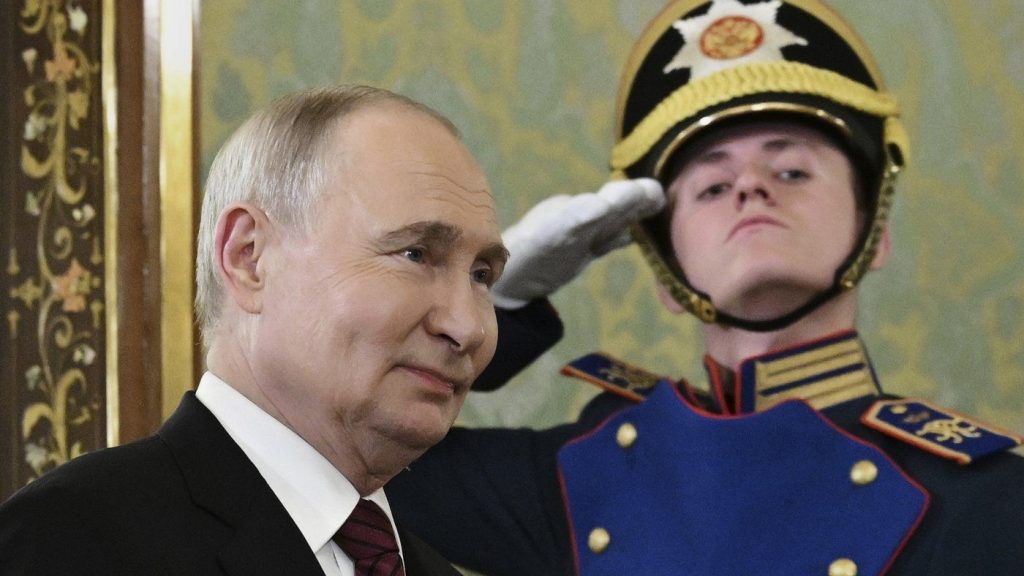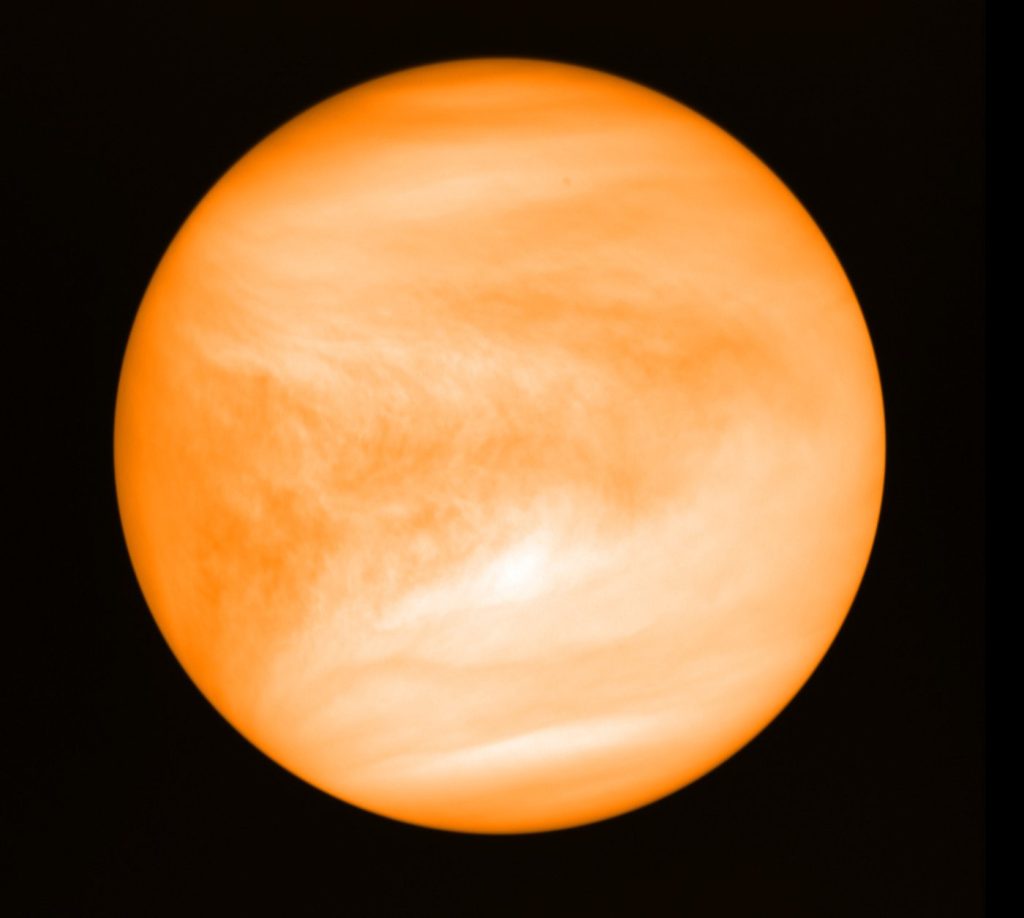On May 15, Russian President Vladimir Putin proposed restarting direct talks with Ukraine in Istanbul without any preconditions. This proposal came as a response to calls from Ukraine and its allies for Moscow to agree to an unconditional 30-day ceasefire to avoid further sanctions. Putin's remarks were made in the early hours of Sunday, referencing the failed peace talks held in Istanbul in March 2022, shortly after Russia's full-scale invasion of Ukraine.
During a press conference, Putin expressed Russia's commitment to serious negotiations with Ukraine and suggested that he does not rule out the possibility of agreeing to a ceasefire later during these direct talks. His proposal emerged after leaders from France, the United Kingdom, Germany, and Poland had threatened to increase pressure on Russia if it rejected the unconditional ceasefire, which they had offered in a show of solidarity with Kyiv.
The leaders of the four major European nations stated that their proposal for a ceasefire, effective from the coming Monday, was supported by U.S. President Donald Trump, with whom they had briefed over the phone earlier. Trump, in his recent comments, emphasized the importance of high-level talks between Ukraine and Russia while suggesting they were "very close to a deal" to end the ongoing conflict.
Ukrainian President Volodymyr Zelenskyy has previously stated his willingness to engage in peace talks but only after a ceasefire is established. In his latest comments, Putin reiterated that Russia had proposed several ceasefires in recent months, including a halt to strikes on energy infrastructure, a unilateral 30-hour truce during Easter, and another unilateral ceasefire from May 8-10, all of which Ukraine claimed were violated by Russia.
Putin accused Ukraine of undermining Russia's initiatives and asserted that Moscow requires a ceasefire that would lead to lasting peace rather than allowing Ukraine to rearm and enhance its military capabilities. He indicated plans to reach out to Turkish President Recep Tayyip Erdogan for assistance in facilitating these peace talks, citing Turkey's previous unsuccessful mediation efforts shortly after the onset of the invasion.
Zelenskyy referred to the meeting with European leaders as "a very important signal," and they jointly called for a ceasefire lasting at least 30 days to enable diplomatic efforts to end the war. The statement emphasized that an unconditional ceasefire must not be subject to any conditions, warning that any conditions set by Russia would only prolong the conflict and hinder diplomatic solutions. French President Emmanuel Macron stated that the U.S. would lead the monitoring of the ceasefire, with European nations ready to impose severe sanctions on Russia in case of violations.
In a broader context, discussions during the meeting also addressed security guarantees for Ukraine. Macron highlighted the need to provide robust military support to Kyiv, reinforcing its defenses against future aggressions. Moreover, retired Lt. Gen. Keith Kellogg expressed that a comprehensive ceasefire would initiate a process to conclude the protracted war.
Despite ongoing diplomatic dialogues, the conflict persists, with reports of continued Russian offensives across Ukraine. Recent shelling in the northern Sumy region resulted in multiple civilian casualties, including three deaths, while a further civilian was killed in a drone strike in Kherson. This situation has prompted warnings from the U.S. Embassy in Kyiv regarding imminent air attacks, indicating that hostilities continue unabated even as diplomatic avenues are explored.
In summary, pressure is mounting on Russia from European allies to comply with the ceasefire and engage in genuine negotiations to resolve the conflict. The dynamics surrounding the war remain complex and volatile, with both sides signaling their positions ahead of potential dialogue.












